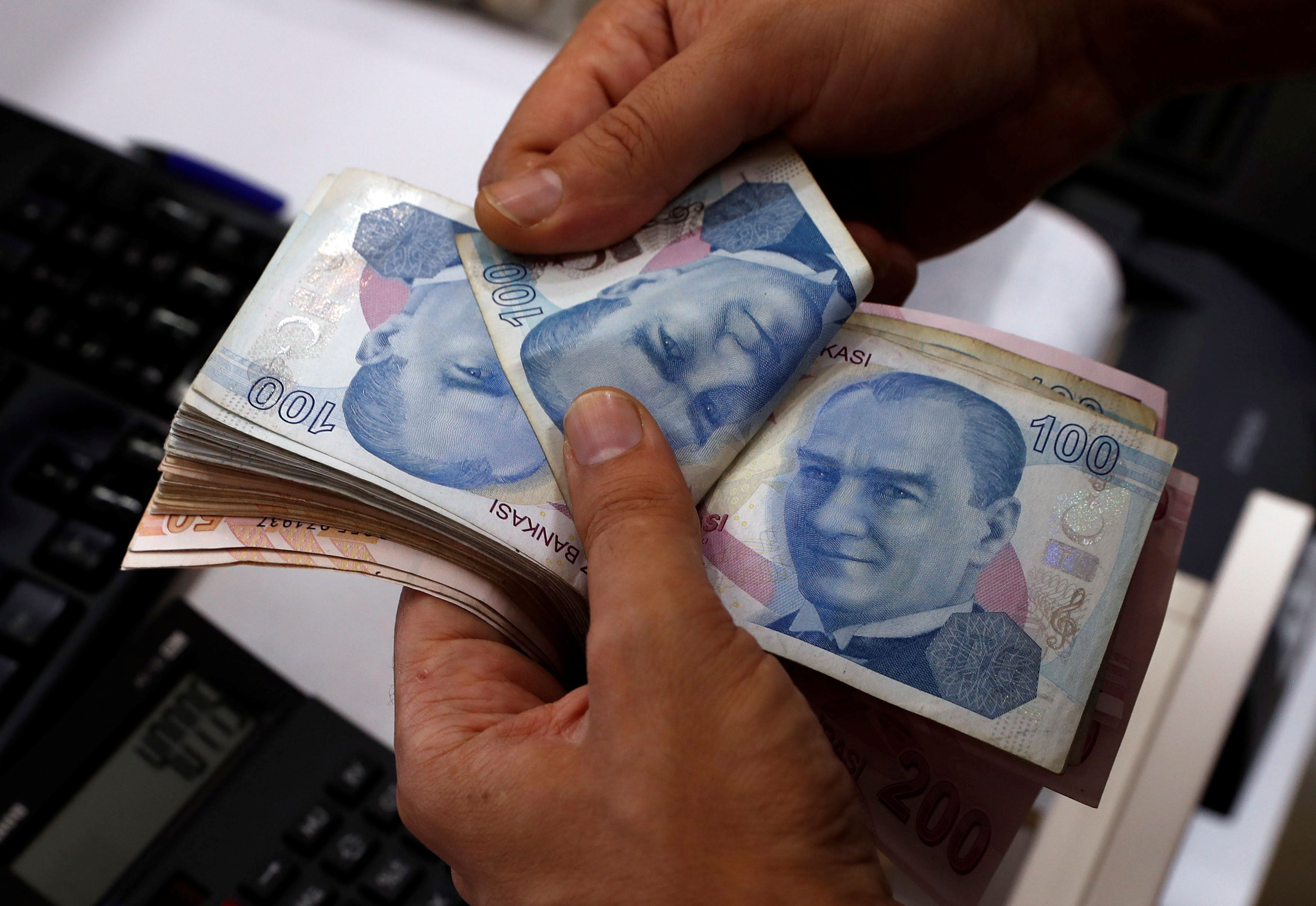When a country suffers a balance of payments crisis (an inability to pay back its foreign debts), it’s invariably painful for many of its citizens and creditors. But in some cases, it can also produce geopolitical shockwaves. If Turkey’s economic crisis worsens and the combative Erdogan looks abroad to change the subject from his own failings, keep an eye on three things:
First, to Syria – in the northwest, Bashar al-Assad’s forces are moving to crush the last rebel holdouts in Idlib province, where Turkish troops have crossed the border to set up their own observation posts; while in the north, tensions could flare again between Turkish troops and US-backed Kurdish forces whom Ankara considers terrorists.Second, if Erdogan does look for an external lifeline, his choice about whom to ask will be fraught with geopolitical overtones, as the IMF, Russia, China, and Qatar may all emerge as potential backstops, each with its own agenda, conditions, and geopolitical connotations.
Lastly, don’t forget that more than 3 million Syrian refugees are still housed in Turkey under a deal between Ankara and Brussels in which the EU helps to pay for their lodging and care. Letting even a small number of those people attempt to cross into Europe could quickly inflame what are already volatile European politics surrounding migrant policy.
